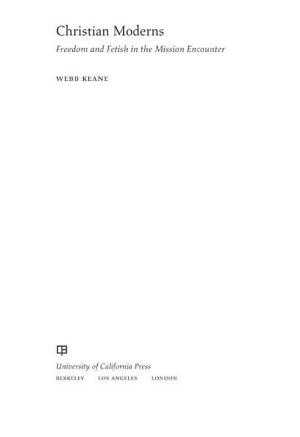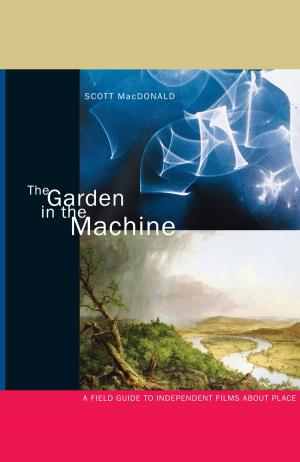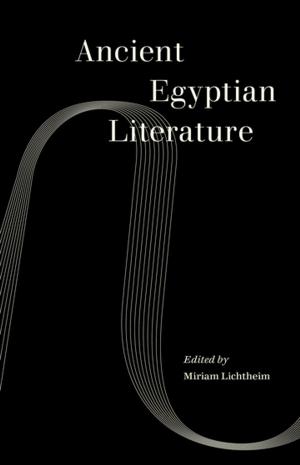The Homeric Hymns
A Translation, with Introduction and Notes
Fiction & Literature, Literary Theory & Criticism, Ancient & Classical| Author: | Diane J. Rayor | ISBN: | 9780520937475 |
| Publisher: | University of California Press | Publication: | February 12, 2004 |
| Imprint: | University of California Press | Language: | English |
| Author: | Diane J. Rayor |
| ISBN: | 9780520937475 |
| Publisher: | University of California Press |
| Publication: | February 12, 2004 |
| Imprint: | University of California Press |
| Language: | English |
The Homeric Hymns have survived for two and a half millennia because of their captivating stories, beautiful language, and religious significance. Well before the advent of writing in Greece, they were performed by traveling bards at religious events, competitions, banquets, and festivals. Thirty-four poems that invoke and celebrate the gods of ancient Greece, the Homeric Hymns raise questions that humanity still struggles with—questions about our place among others and in the world.
"Homeric" because they were composed in the same meter, dialect, and style as Homer's Iliad and Odyssey, these "hymns" were created to be sung aloud. In this superb translation by Diane Rayor, which deftly combines accuracy and poetry, the ancient music of the hymns comes alive for the modern reader. Here is the birth of Apollo, god of prophecy, healing, and music and founder of Delphi, the most famous oracular shrine in ancient Greece. Here is Zeus, inflicting upon Aphrodite her own mighty power to cause gods to mate with humans, and here is Demeter rescuing her daughter Persephone from the underworld and initiating the rites of the Eleusinian Mysteries.
With her introduction and notes, Rayor places the hymns in their historical and aesthetic context, providing all the information needed to read, interpret, and fully appreciate these literary windows on an ancient world. As introductions to the Greek gods, entrancing stories, exquisite poetry, and early literary records of key religious rituals and sites, The Homeric Hymns should be read by any student of mythology, classical literature, ancient religion, women in antiquity, or the Greek language.
"Homeric" because they were composed in the same meter, dialect, and style as Homer's Iliad and Odyssey, these "hymns" were created to be sung aloud. In this superb translation by Diane Rayor, which deftly combines accuracy and poetry, the ancient music of the hymns comes alive for the modern reader. Here is the birth of Apollo, god of prophecy, healing, and music and founder of Delphi, the most famous oracular shrine in ancient Greece. Here is Zeus, inflicting upon Aphrodite her own mighty power to cause gods to mate with humans, and here is Demeter rescuing her daughter Persephone from the underworld and initiating the rites of the Eleusinian Mysteries.
With her introduction and notes, Rayor places the hymns in their historical and aesthetic context, providing all the information needed to read, interpret, and fully appreciate these literary windows on an ancient world. As introductions to the Greek gods, entrancing stories, exquisite poetry, and early literary records of key religious rituals and sites, The Homeric Hymns should be read by any student of mythology, classical literature, ancient religion, women in antiquity, or the Greek language.
The Homeric Hymns have survived for two and a half millennia because of their captivating stories, beautiful language, and religious significance. Well before the advent of writing in Greece, they were performed by traveling bards at religious events, competitions, banquets, and festivals. Thirty-four poems that invoke and celebrate the gods of ancient Greece, the Homeric Hymns raise questions that humanity still struggles with—questions about our place among others and in the world.
"Homeric" because they were composed in the same meter, dialect, and style as Homer's Iliad and Odyssey, these "hymns" were created to be sung aloud. In this superb translation by Diane Rayor, which deftly combines accuracy and poetry, the ancient music of the hymns comes alive for the modern reader. Here is the birth of Apollo, god of prophecy, healing, and music and founder of Delphi, the most famous oracular shrine in ancient Greece. Here is Zeus, inflicting upon Aphrodite her own mighty power to cause gods to mate with humans, and here is Demeter rescuing her daughter Persephone from the underworld and initiating the rites of the Eleusinian Mysteries.
With her introduction and notes, Rayor places the hymns in their historical and aesthetic context, providing all the information needed to read, interpret, and fully appreciate these literary windows on an ancient world. As introductions to the Greek gods, entrancing stories, exquisite poetry, and early literary records of key religious rituals and sites, The Homeric Hymns should be read by any student of mythology, classical literature, ancient religion, women in antiquity, or the Greek language.
"Homeric" because they were composed in the same meter, dialect, and style as Homer's Iliad and Odyssey, these "hymns" were created to be sung aloud. In this superb translation by Diane Rayor, which deftly combines accuracy and poetry, the ancient music of the hymns comes alive for the modern reader. Here is the birth of Apollo, god of prophecy, healing, and music and founder of Delphi, the most famous oracular shrine in ancient Greece. Here is Zeus, inflicting upon Aphrodite her own mighty power to cause gods to mate with humans, and here is Demeter rescuing her daughter Persephone from the underworld and initiating the rites of the Eleusinian Mysteries.
With her introduction and notes, Rayor places the hymns in their historical and aesthetic context, providing all the information needed to read, interpret, and fully appreciate these literary windows on an ancient world. As introductions to the Greek gods, entrancing stories, exquisite poetry, and early literary records of key religious rituals and sites, The Homeric Hymns should be read by any student of mythology, classical literature, ancient religion, women in antiquity, or the Greek language.















